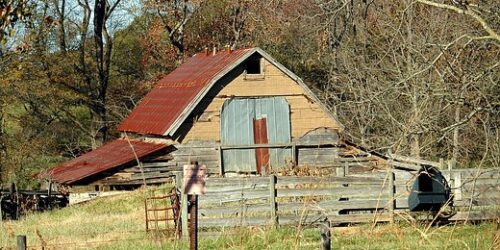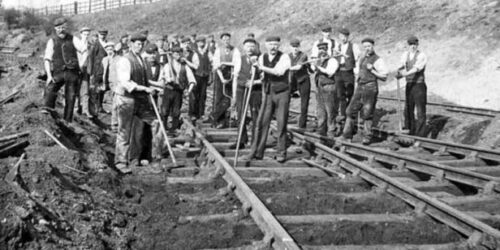Don’t Get Obsessed with One Ancestor
Note: This article by James Tanner was published previously on the Genealogy’s Star blog site and is used with the author’s permission. The reality is that you have thousands upon thousands of ancestors and millions of relatives. Too often, I am approached for help in finding one ancestor’s parents. Also too often, I hear the same story about...









